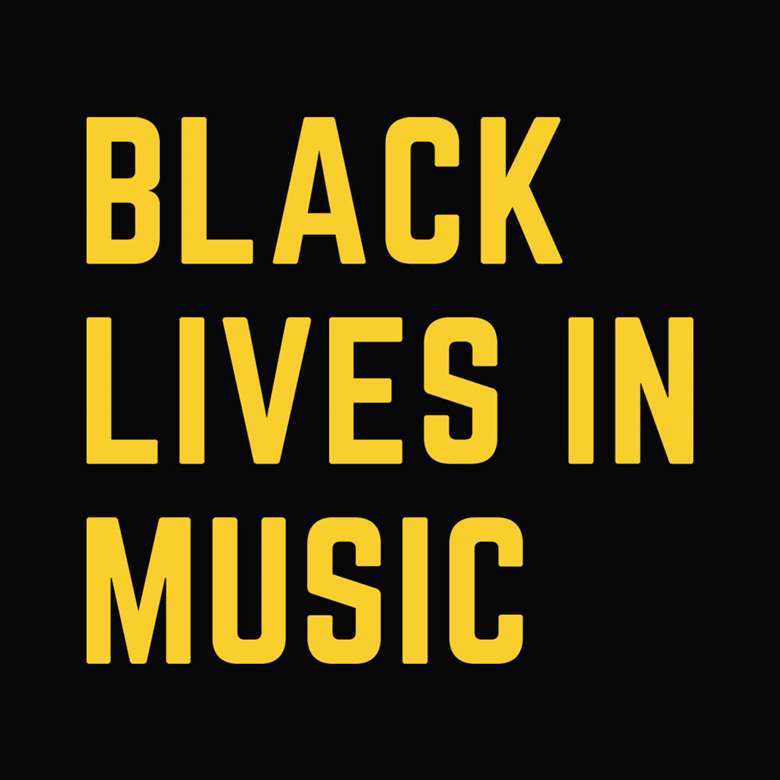73% of Black music professionals have experienced racism in the music industry, report finds
Wednesday, October 13, 2021
The ‘Being Black in the UK music industry’ report covers areas such as barriers to progression, education, Black women in music, and gender and ethnic pay gaps.


Register now to continue reading
Don’t miss out on our dedicated coverage of the classical music world. Register today to enjoy the following benefits:
- Unlimited access to news pages
- Free weekly email newsletter
- Free access to two subscriber-only articles per month